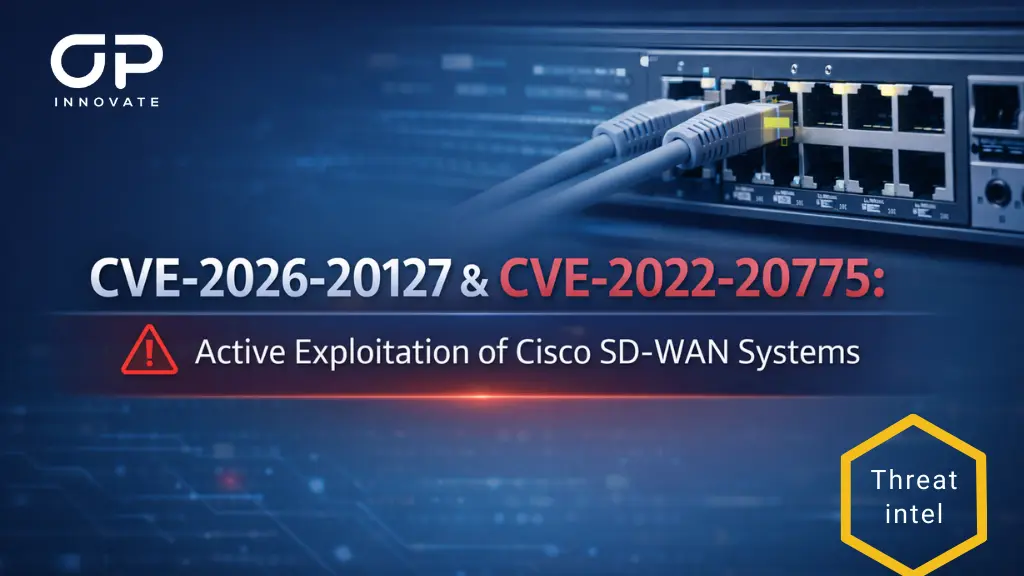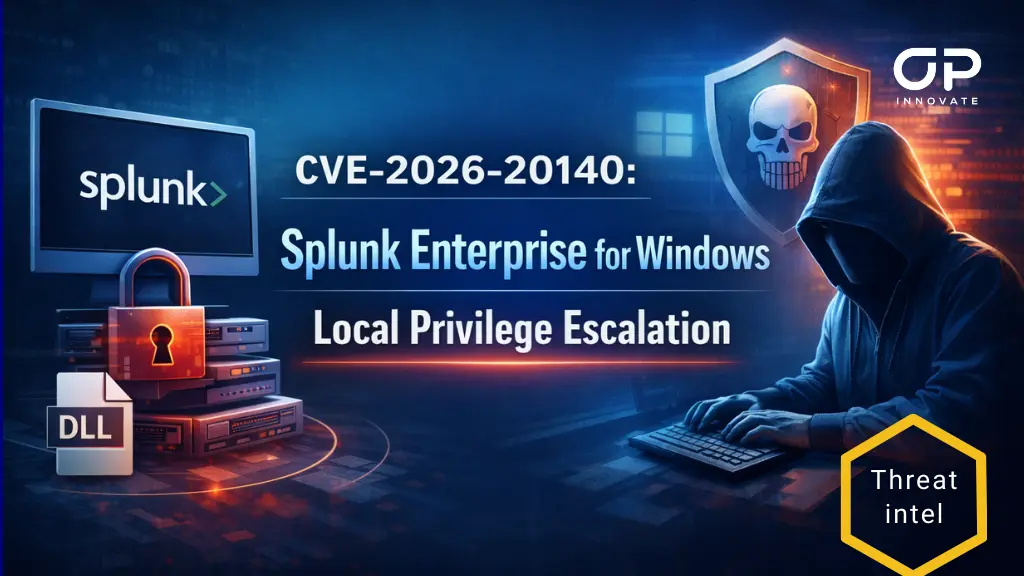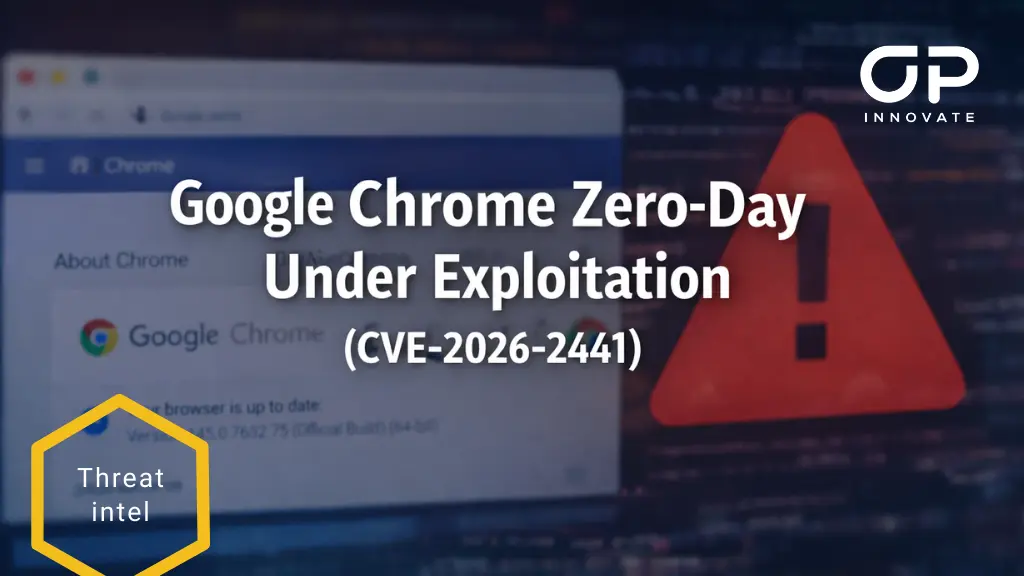Vulnerability Summary:
- Affected Software: Apache ActiveMQ
- Vulnerability ID: CVE-2023-46604 (CVSS Score: 10.0)
- Type of Vulnerability: Remote Code Execution (RCE)
- Current Threat: Active exploitation by multiple adversaries
Details of the Threat:
Cybersecurity researchers have detected a significant surge in cybercriminal activities exploiting a critical vulnerability in Apache ActiveMQ. The flaw, identified as CVE-2023-46604, is being used to deploy the Godzilla web shell on compromised hosts. This severe RCE vulnerability, disclosed in late October 2023, has been a vector for various malicious activities, including ransomware, rootkits, cryptocurrency mining, and DDoS botnet deployment.
Characteristics of the Godzilla Web Shell:
- Concealment: The web shells are hidden within an unknown binary format, making them hard to detect by conventional security and signature-based scanners.
- Execution Mechanism: Despite the unusual file format, ActiveMQ’s JSP engine still compiles and executes the web shell.
- Capabilities: The Godzilla web shell is a sophisticated backdoor, capable of parsing inbound HTTP POST requests, executing content, and sending responses via HTTP. It enables threat actors to perform a wide range of actions, such as executing shell commands, viewing network information, and managing files on the compromised host.
Attack Methodology:
- The web shell code is planted within the “admin” folder of ActiveMQ’s installation directory.
- It’s converted into Java code for execution by the Jetty Servlet Engine.
- Attackers can connect to the compromised system using the Godzilla management user interface, gaining full control over the host.
Urgent Recommendations for Clients:
- Update Immediately: Users of Apache ActiveMQ should update to the latest version without delay to prevent exploitation.
- Enhanced Monitoring: Vigilantly monitor network traffic and system logs for any signs of compromise or unusual activity.
- Security Review: Conduct a thorough security review of systems using Apache ActiveMQ, especially focusing on the admin folder and any unusual binary files.
- Incident Response Plan: Ensure that your incident response plan is up-to-date and ready to be executed in the event of a breach.
Closing Note:
Given the severity and sophistication of this threat, it’s crucial for organizations using Apache ActiveMQ to take immediate and effective action to secure their systems. [Your Company’s Name] is dedicated to assisting our clients in responding to these cybersecurity challenges and ensuring the protection of their digital infrastructure
Stay safe and informed,
OP Innovate.









